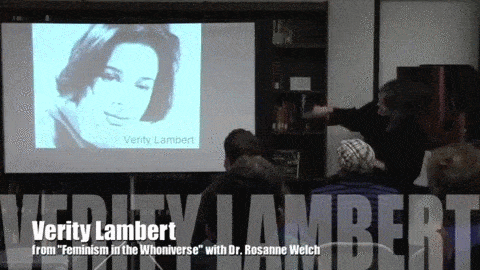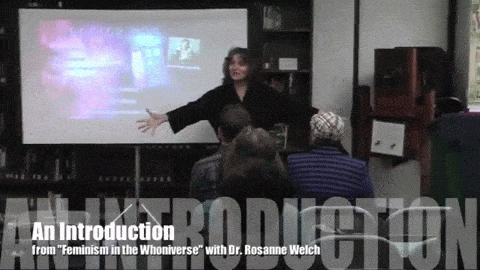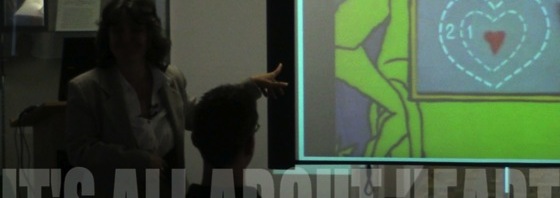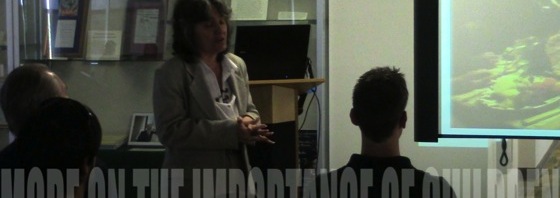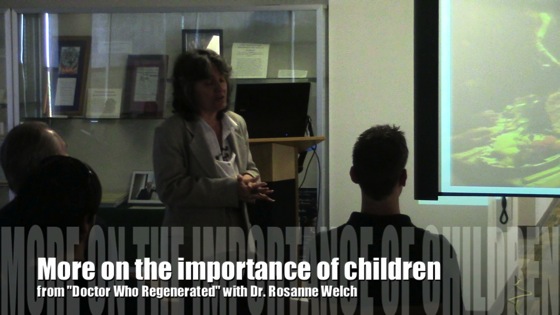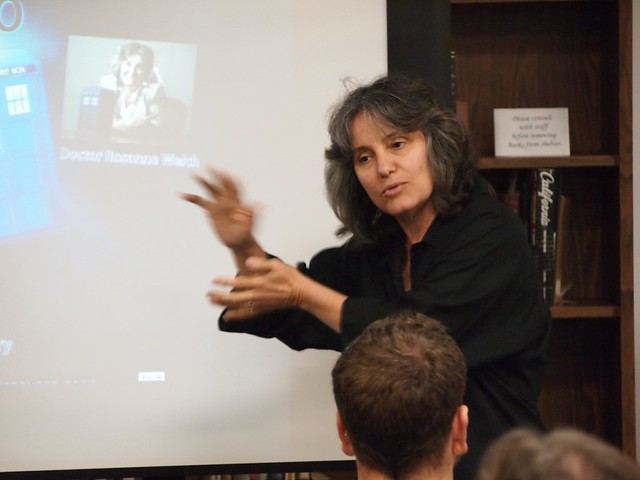Why Monkees Matter: How The Writing Staff of The Monkees Brought the 1960s Counter Culture to Mainstream Pre-Teen Viewers
Dr. Rosanne Welch presents Why Monkees Matter: How The Writing Staff of The Monkees Brought the 1960s Counter Culture to Mainstream Pre-Teen Viewers at the 2014 Cal Poly Pomona Provost’s Symposium on Faculty Scholarship (http://www.cpp.edu/~research/)
View photos from this presentation
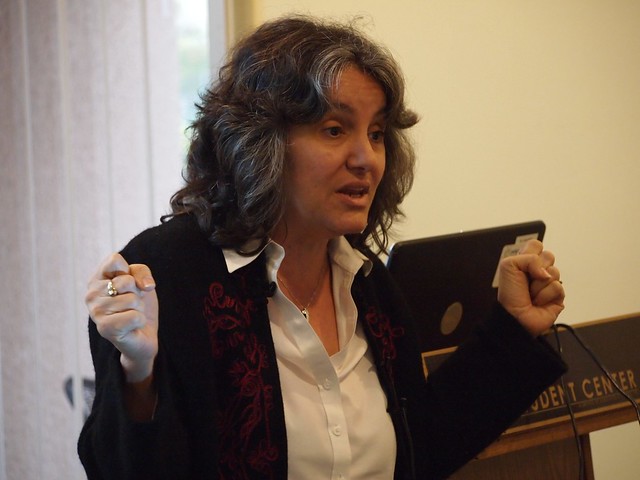
View a slide show of al the photos from this presentation
Description:
Based on a chapter in my upcoming book The Metatextual Menagerie that was The Monkees, which includes aseries of interviews conducted with surviving writers and performers of the 1960s television program, The Monkees I willdiscuss how the writers and actors used the show as a platform for their own emerging counter culture/anti-war messages.
Worth studying for its craft and place in television history (the show won an Emmy as Best Comedy Of 1967) the program’strue importance may come from its impact on the politics and culture of the era. Considered innocuous by the network, thepress and the parents of the era, the storylines and jokes created by the writers and the actor’s ad-libs brought theemerging counter-culture to the attention of young teens whose parents might not have appreciated the message. Culturalicons such as Timothy Leary recognized the subversive nature of the program, seen through the writing and in choicesmade about costuming, hair length, musical guests (Frank Zappa, Tim Buckley, Charlie Smalls) and songs performed by theband brought issues of Vietnam, voting and civil rights to the ‘young generation’ for whom the show clearly had ‘somethin’to say.
Dr. Rosanne Web Site and Bloghttps://rosannewelch.com
Follow Dr. Welch on Twitterhttp://twitter.com/rosannewelch
Follow Dr. Welch on Tumblrhttp://drrosannewelch.tumblr.com/
Subscribe to Dr. Welch’s YouTube Channel
About the Symposium:
The 2014 Provost’s Symposium is a forum to learn about each other’s scholarly work, make new friends, renew old acquaintances, and enhance our appreciation of the rich and diverse array of professional endeavors pursued by the faculty at Cal Poly Pomona.



